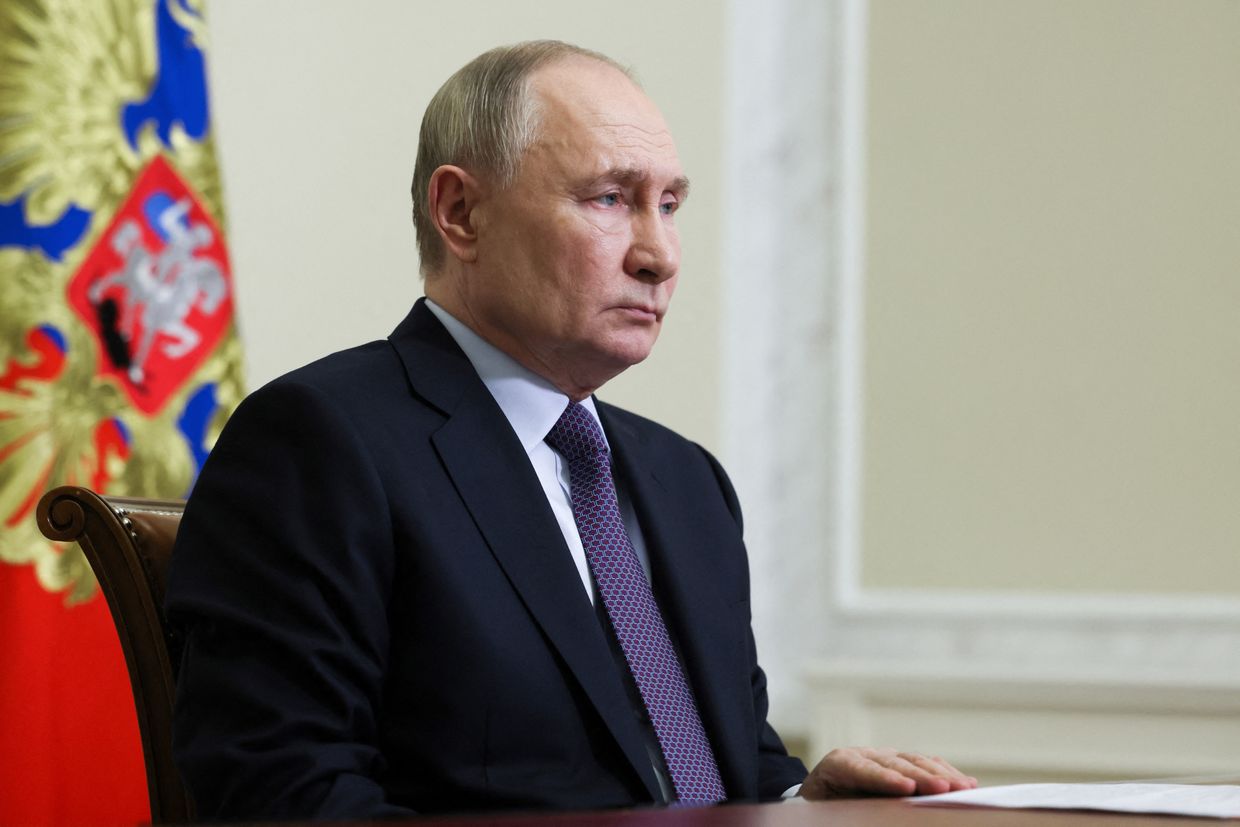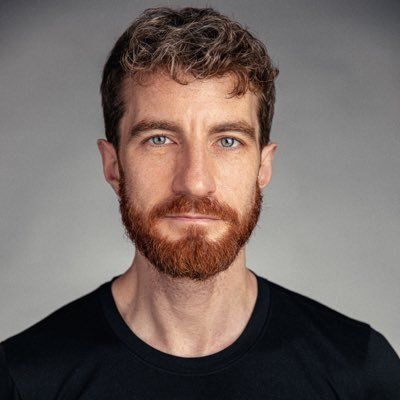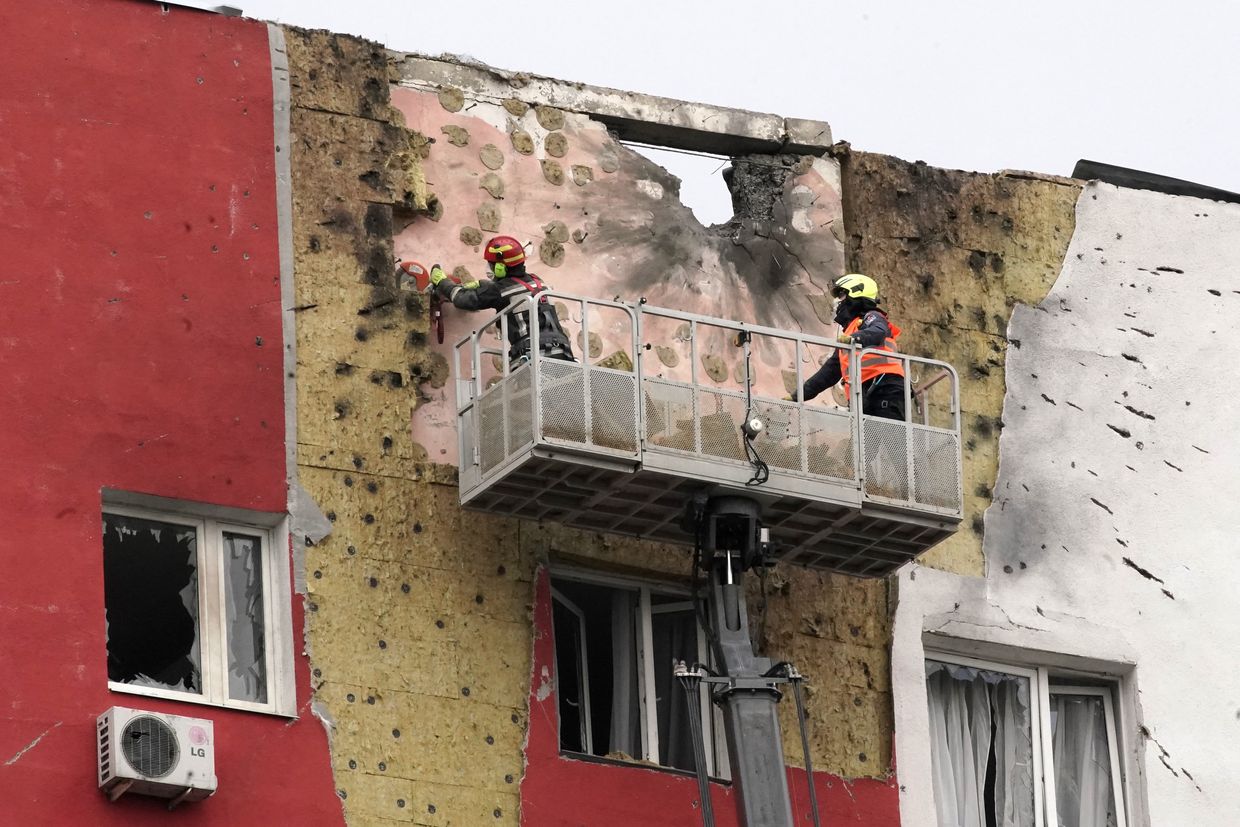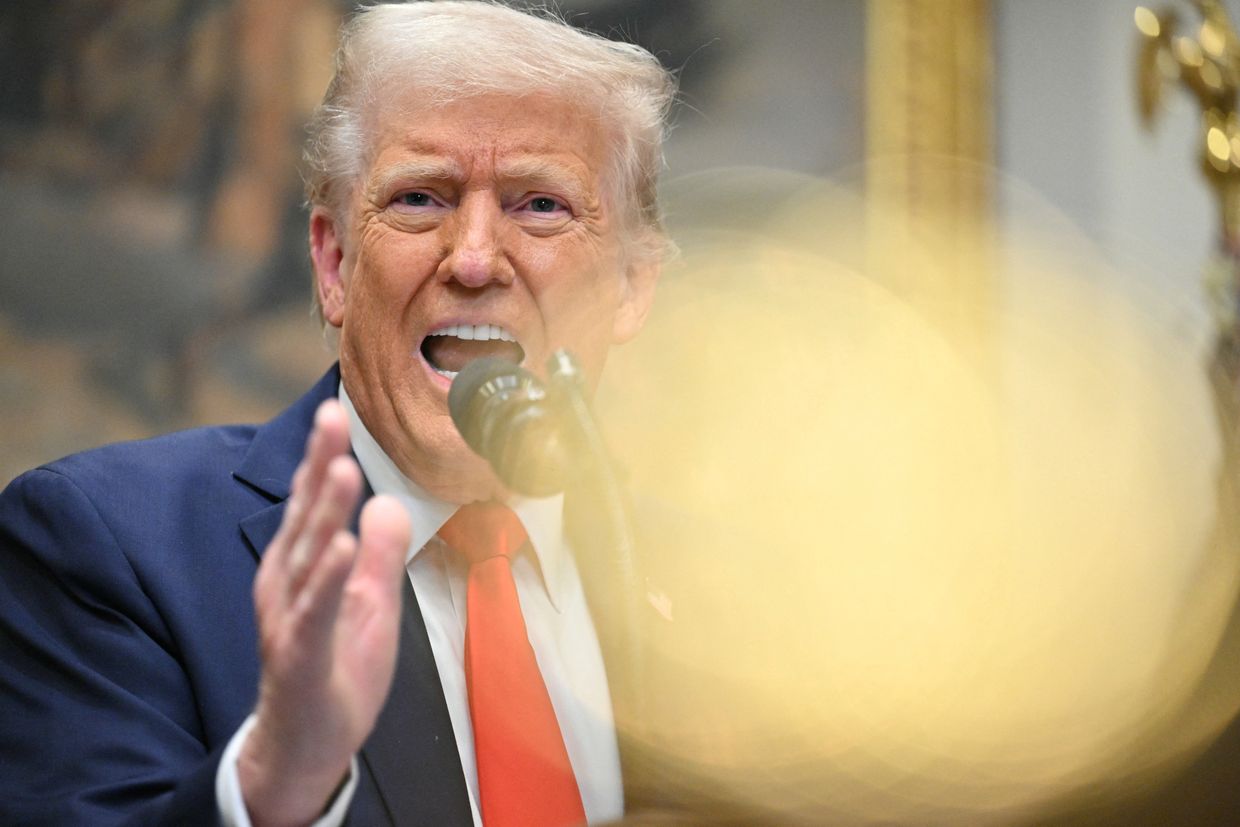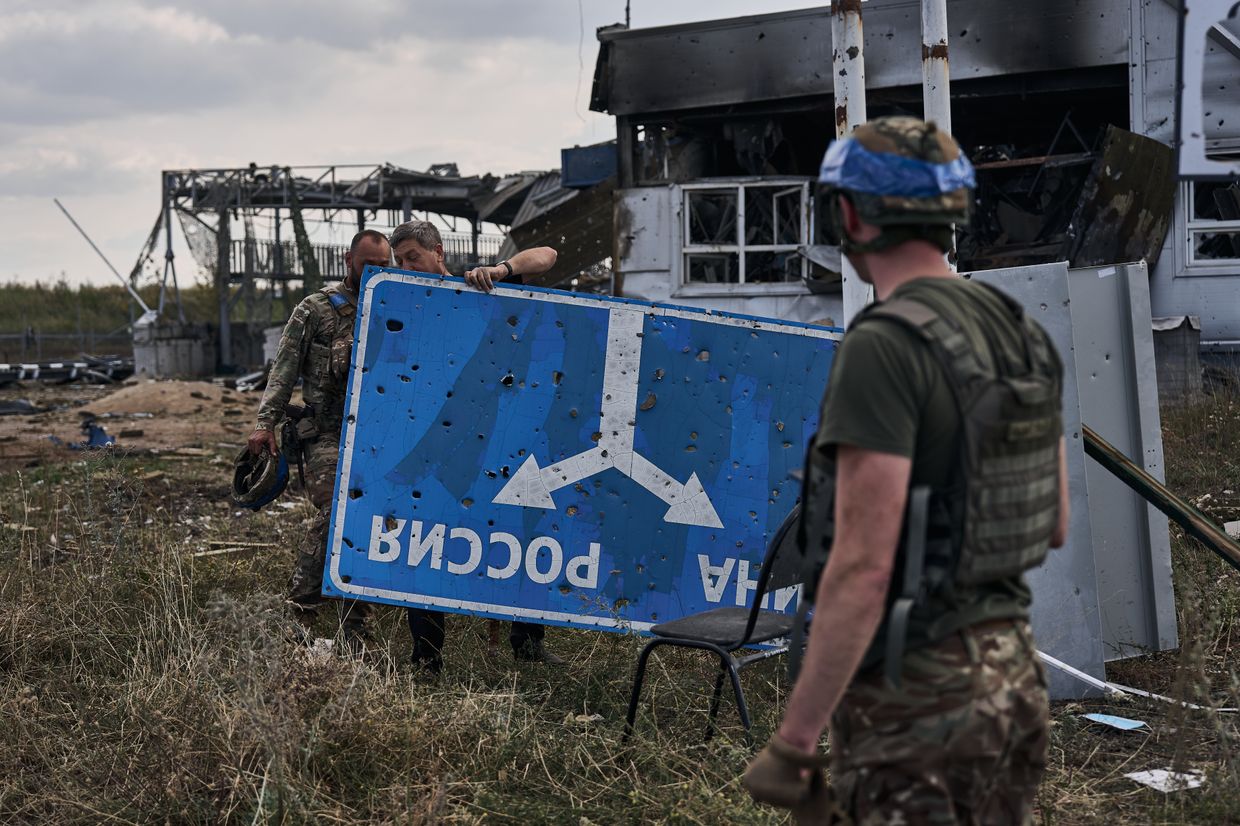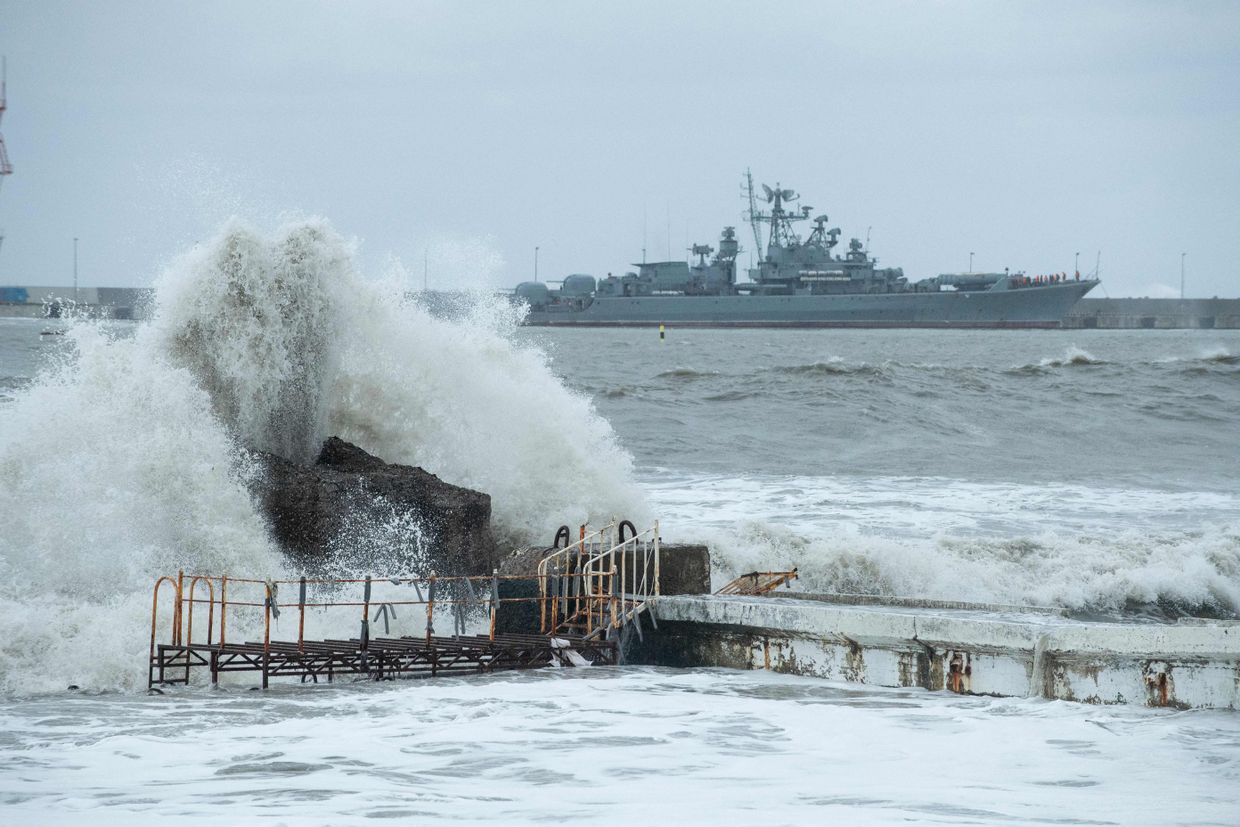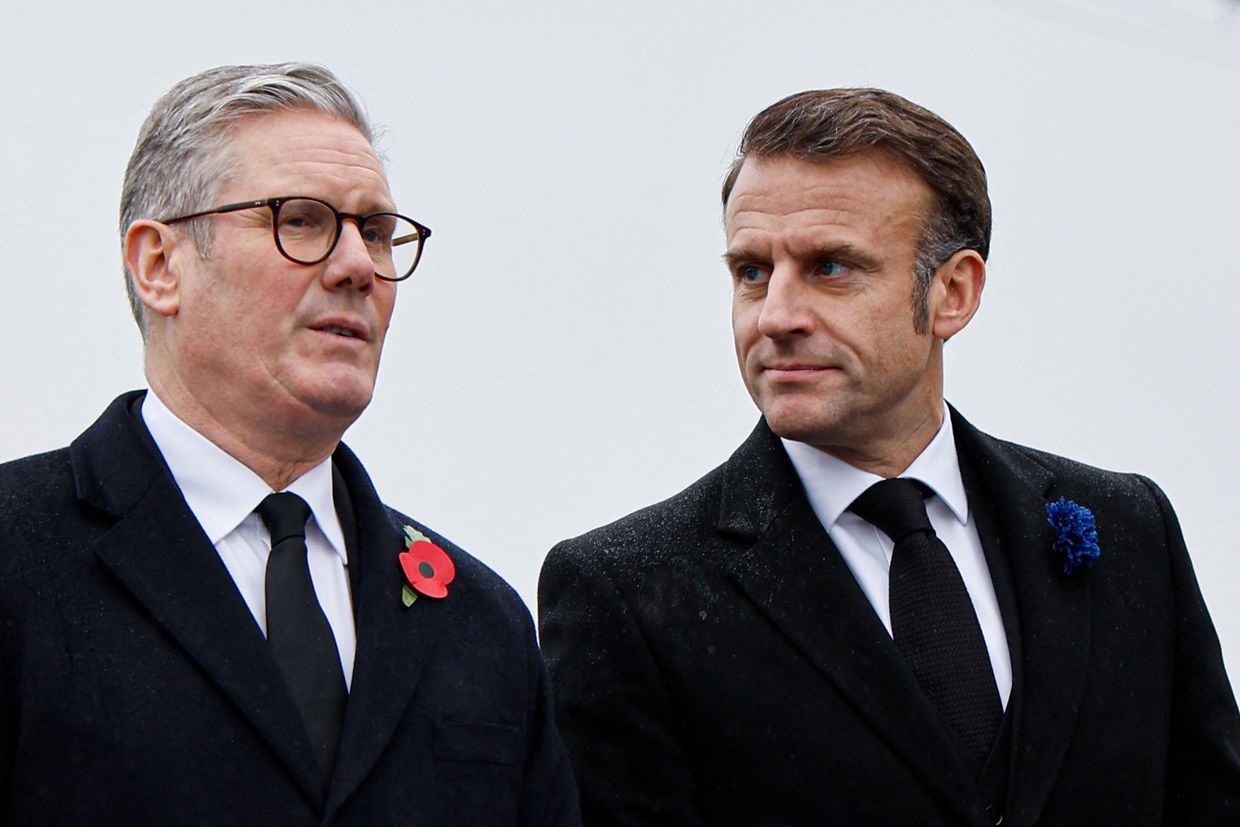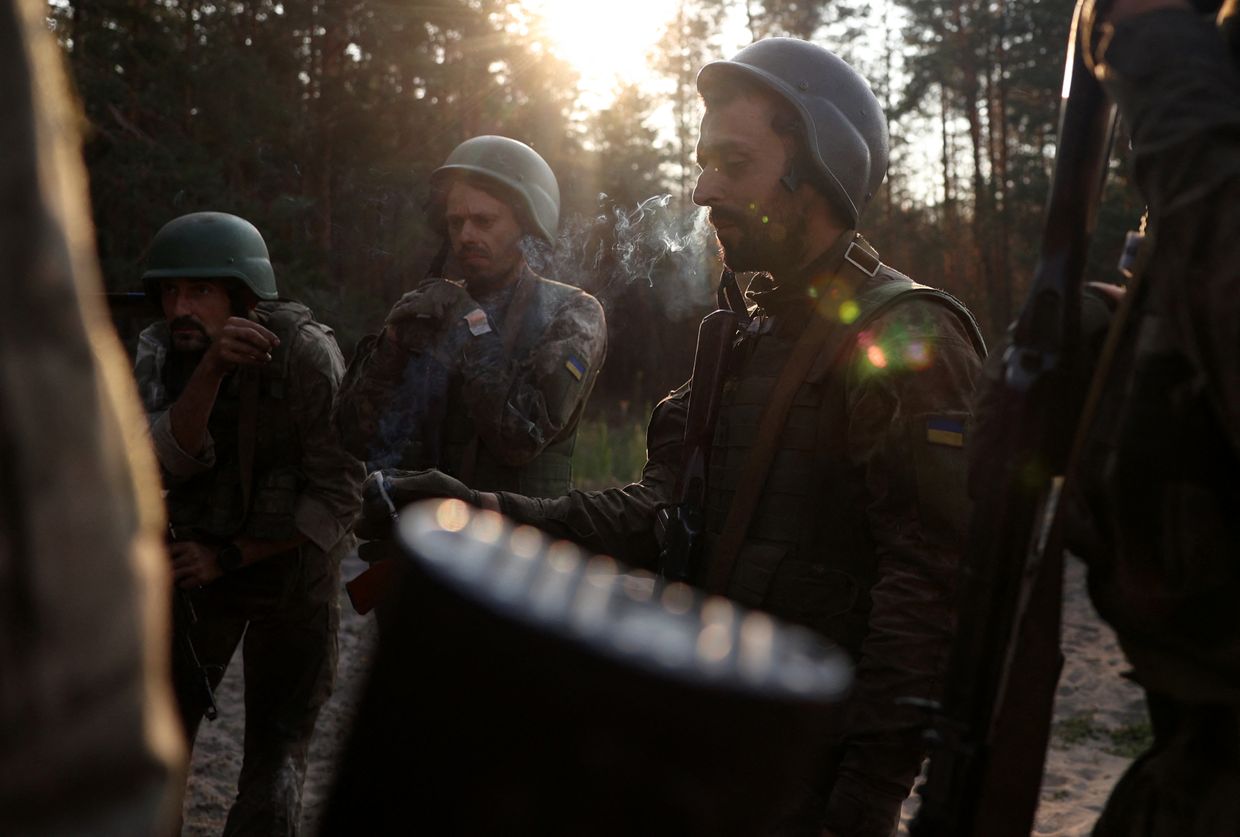Amid the drama and turmoil created by Donald Trump’s second presidency, three Yale University professors last week announced they would be leaving the U.S. for Canada over concerns about the increasingly authoritarian direction their country is heading in.
"I could feel the reign of terror spiraling," one of them, historian Marci Shore, told the Kyiv Independent on April 1, adding: "My impulse was to take my kids and get out of the situation that seemed very dark and very frightening to me."
Shore — along with her husband Timothy Snyder and colleague Jason Stanley — are leaving their posts at Yale University to teach at the Munk School of Global Affairs and Public Policy at the University of Toronto.
All three have been vocal pro-Ukraine advocates, particularly throughout Russia’s full-scale invasion, visiting the country multiple times between them and educating audiences in the U.S. with what they’ve learned.
The Kyiv Independent spoke to Shore to find out what made them take such a drastic decision, and if she believes she can continue to advocate for Ukraine, in the U.S., from Canada.
Editor’s note: The interview has been edited for language and clarity.
The Kyiv Independent: Can you explain what made you come to this decision?
Marci Shore: It was a complex family decision. I've taught at Yale as a professor of history for almost 20 years now.
It's been an incredible privilege to teach there. I've loved teaching there, but there are also a host of reasons why people might not spend their whole career at one institution. I've long been drawn to the University of Toronto and… I'm hoping, if anything, that our voices will be stronger there.
But that said, my impulse was to take my kids and get out of the situation that seemed very dark and very frightening to me.
The Kyiv Independent: Was there one event in particular that made you think “Right, this is it, we have to get out of here?”
Marci Shore: There were so many such events — I could feel the reign of terror spiraling.
There was an extraordinary sermon that Bishop Budde gave at the time of (Trump's) inauguration, asking the president to have mercy on those who are vulnerable. And immediately afterward there were calls to do violence against this woman, including by a Republican member of Congress who said she should be deported. And you could just feel this purging impulse.
Wow. Bishop Mariann Edgar Budde fearlessly calls out Trump and Vance to their faces. This is heroic. pic.twitter.com/igyKzC8dRo
— MeidasTouch (@MeidasTouch) January 21, 2025
You could feel that we were about to spiral into a reign of terror. But the Oval Office meeting with Zelensky, for me personally, was one of the things that kind of pushed me over the edge. I've rarely been so viscerally angry looking at a screen.
You had Vance and Trump saying “You have to say thank you, you must say thank you, you haven't acknowledged your gratitude.” For me as a historian of totalitarianism, this is what the Stalinist secret police interrogators were saying to the people they were interrogating.
This is what the victims of the show trials were made to say — to thank their executioners as they were being led to their deaths.
This motif of domestic violence — that you must express your gratitude to the party, for you haven't expressed it — it was just repulsive.
And Trump saying “You’re not holding any cards,” and Zelensky saying “We’re not playing cards” — this was the profound moment that exposed that you're dealing with people for whom there are no first principles, you're just looking into this abyss of moral nihilism. Everything is a transaction, everything is a deal. Confronted with a man who actually feels responsible for the lives of millions of people, the humiliation of (Zelensky) was grotesque.
And Lindsey Graham then got on television immediately afterward and said “Donald Trump just gave us a master class in putting America first.” And I tweeted back at him and I said “Donald Trump just gave us a master class in moral nihilism, and Lindsey Graham just gave us a master class in selling one's soul to the devil.”
Lindsay Graham: “Today, President Trump gave a masterclass on how to stand up for America.”
— Marci Shore (@marci_shore) March 1, 2025
No, today President Trump gave a masterclass on moral nihilism and Lindsay Graham gave a masterclass on selling one’s soul to the devil.
The Kyiv Independent: How bad do you think that it could potentially get in the U.S.?
Marci Shore: I think it could get very bad — I feel like the subtitle of the present moment could be “Vindication of the neurotic catastrophist.”
One of the things that has affected me most viscerally because I'm a professor are the guys in masks from (U.S. Immigration and Customs Enforcement), from wherever they are, coming and taking away foreign students on the street and throwing them in detention centers with no access to anything.
And as a professor what is very real to me are my students.
You come into the classroom, you're advising students. Your job is to protect those students. And if your priority is not to look out for your students, you have no business being in a classroom.
"I want to think I'd be brave, but I don't know, and that not knowing terrifies me."
I was just recently back at Yale meeting with some of my advisees, undergraduates, and graduate students who I still work with and I will continue to work with for as long as they want to work with me. I've never abandoned any of my students anywhere. A couple of them are from Ukraine.
Yale is a big university. There's a high percentage of foreign students. And I'm an East Europeanist, so I probably have an even higher than average number of foreign students.
And I'm thinking “Okay, I'm sitting in the dining hall with them. I'm walking past the library. We're sitting in the coffee shop. What would I do if guys in balaclavas came and tried to drag somebody away? Would I try to pull them off? Would I be brave?”
I would like to think that I would be, although I'm a middle-aged woman who's not particularly strong, so I probably wouldn't have much of a chance. Would I try at least to pull the mask off? Would I scream?
Would I videotape something? Would I start crying? Would I get scared and run away?
I want to think I'd be brave, but I don't know, and that not knowing terrifies me.
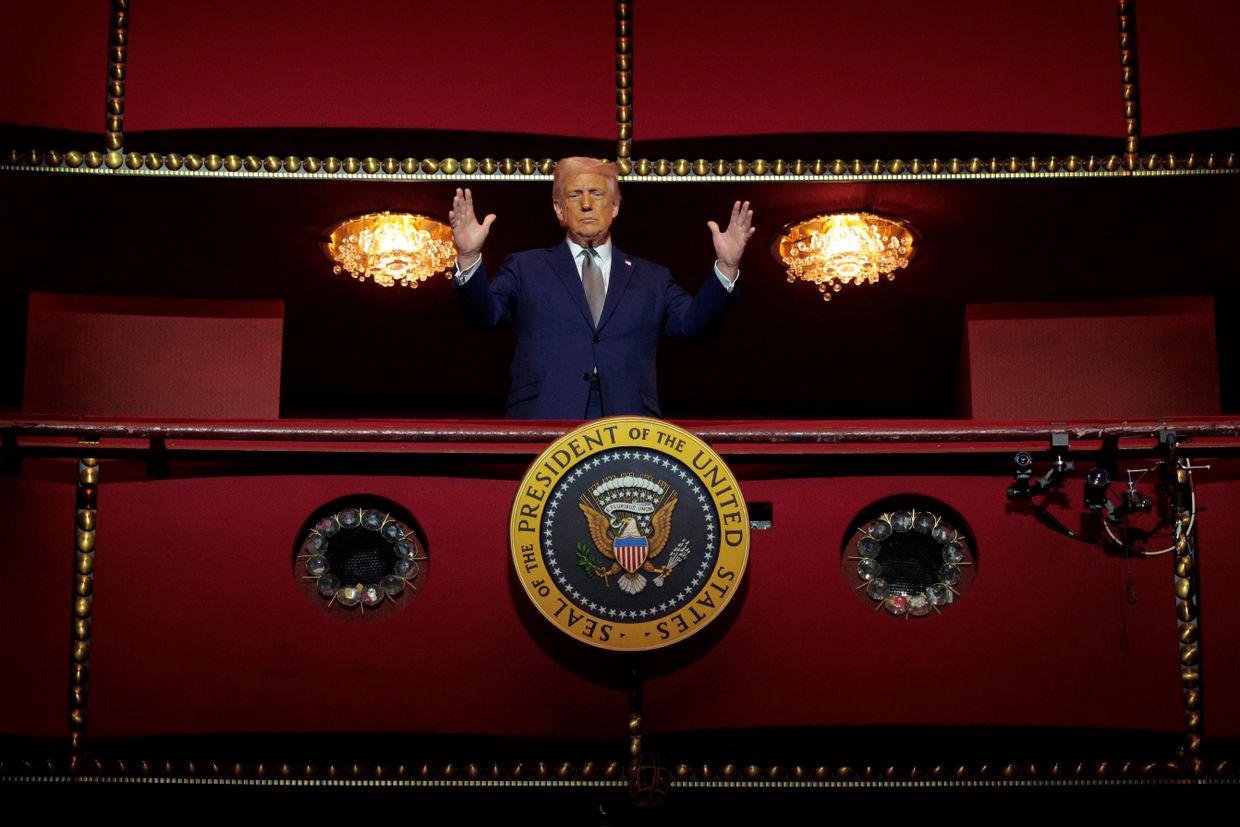
The Kyiv Independent: Some people have described your announcement as a canary in the coal mine moment. Have you heard other academics or other people expressing the same kind of fears and desires to leave America?
Marci Shore: Yes, definitely. And it works both ways. I in no way feel morally superior to people who have made the courageous decision to stay.
I know a lot of people who would like to leave. I know a lot of people who feel a moral imperative to stay. I know a lot of people who are torn. I feel quite guilty about leaving because I do feel that America is going under.
And because I've been so personally and intimately involved — albeit from a distance and vicariously — with this gruesome war that the Russians are carrying out in Ukraine, I know how the Ukrainians feel about the Russian opposition, and I know how they feel about the people who resisted and lost.
I know how my Russian oppositionist friends felt when confronted with the full-scale invasion three years ago, and saying “Okay we have failed.”
And that failure is somehow unforgivable, and no matter how hard we fought, it wasn't enough. And I understand why Ukrainians are resentful, and I in no way feel morally superior to the Russian oppositionists to have fled.
I don't feel like I'm particularly courageous. I don't feel like I'm willing to go to prison. I don't feel like I would hold up particularly well in prison.
The Kyiv Independent: Are you concerned that by leaving the U.S., Ukraine is losing two voices within the country where they're possibly needed the most right now?
Marci Shore: That has not been my top concern because I don't actually anticipate being less effective from here than I would be there.
The thing that is crushing is feeling like I can no longer have any influence on what is going on in Washington because I'm an enemy of the current regime.
At least with the Democratic administration, I had the feeling that when I went to Washington or when I talked to people there — not that I'm such a terribly important person — but I did potentially have some kind of influence, that there were people in positions there that I could have conversations with who were open to listening to the experiences I had had in Ukraine, and to the experiences my friends and colleagues were having in Ukraine.
I no longer feel that that's true because those people are no longer in power in Washington, and people like myself are enemies of the people in power in Washington.
